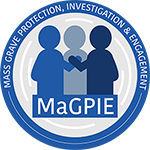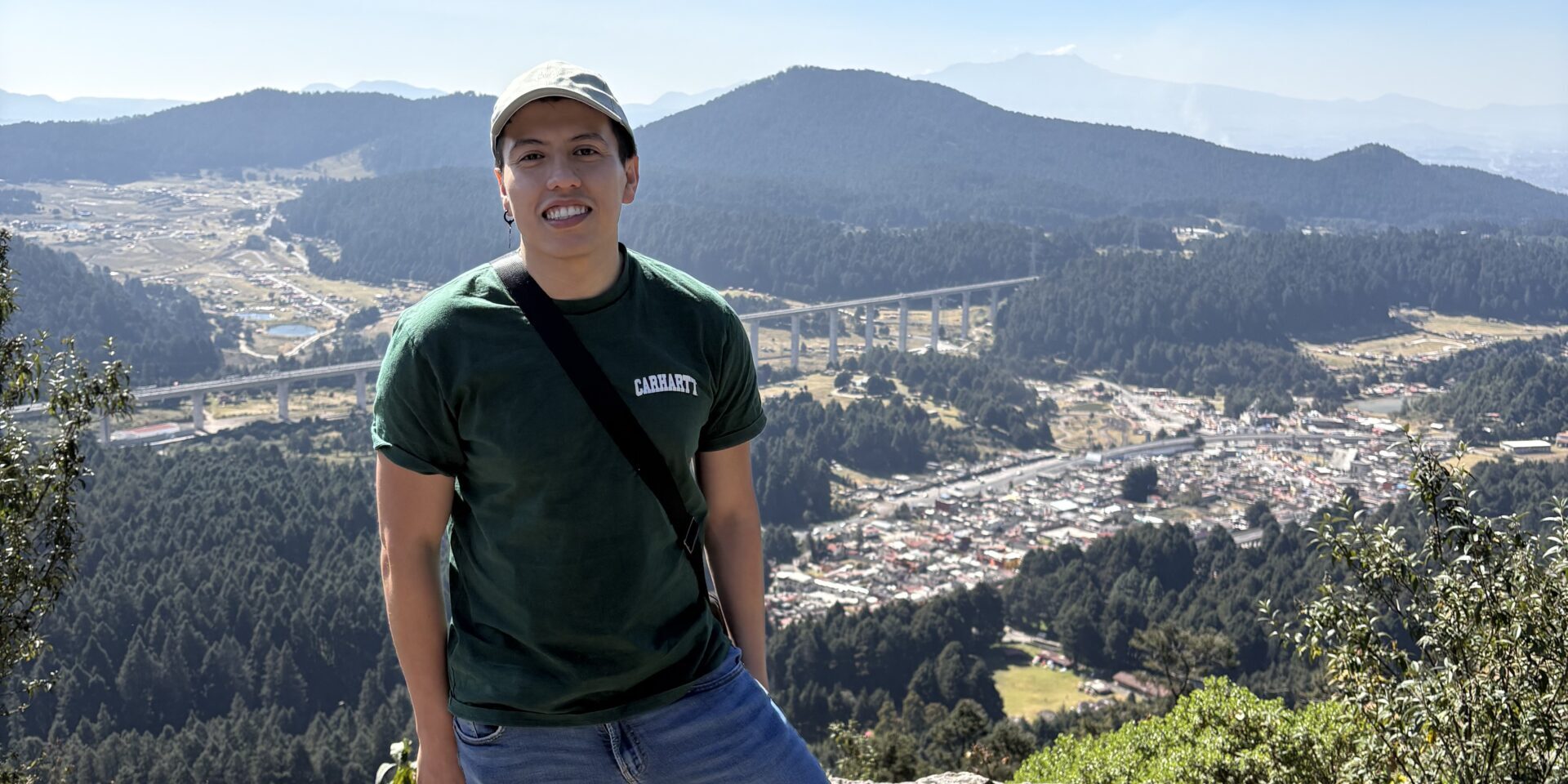Jorge Eduardo Jasso Cuellar
Forensic science, human rights, and data protection converge in a complex yet vital field that is all about uncovering the truth and seeking justice.
Mass graves, for example, raise hard moral and practical questions. Looking into these sites needs careful science, legal responsibility, and respect for those who have died. As digital tools and databases become increasingly prevalent, we must also carefully consider how we gather, utilise, and safeguard the sensitive information obtained from them.
This mix of fields has shaped my career. I began by earning a degree in Forensic Sciences, where I learned the fundamentals of analysis, fieldwork, and evidence handling. I soon realised that forensic science should always stay connected to the people and communities it helps. This motivated me to study Human Rights, allowing me to better understand the essential moral and legal aspects of forensic work. Every case is more than just a technical problem; it is a story, a family waiting for answers, and a right that has been denied.
Working with the Jalisco Institute of Forensic Sciences (IJCF) on body identification showed me the limitations of the forensic system and highlighted the need to make identification more personalised. Each case file stood for a person with a name, family, and life. Although my job was technical, this experience made it clear that forensic work should extend beyond the lab and involve families, communities, and organisations to ensure transparency and respect.
When I worked with the Commission for Truth and Access to Justice in the Ayotzinapa Case (CoVAJ), I helped look at information about the disappearance of 43 students. This work was both technically challenging and emotionally demanding. The case was significant, complicated, and sensitive, so I had to balance careful scientific work with kindness and understanding. I learned that the truth emerges slowly, as each record or story contributes to the larger picture. This experience taught me that forensic and intelligence work should always prioritise the needs of victims, rather than focusing solely on the organisations involved.
I also finished a Master’s in Criminal Intelligence and Data Analysis. This showed me how information can show patterns and help rebuild stories. In Mexico, where forced disappearances and hidden graves still happen, data analysis is a key tool for justice. However, if information is not handled correctly, it can harm families, undermine investigations, or compromise evidence. Keeping data safe is crucial to protecting people’s dignity and must always be done with utmost care and attention.
I am pleased to be part of the MaGPIE team, where I can contribute to protecting data from mass graves. This research allows me to combine forensic science, human rights, and data analysis, which are the key components of my career. I am especially inspired by how the project connects different fields and looks at things from a worldwide view.
This work brings up constant challenges. Today, collecting and keeping data about mass graves means we have to balance being open with protecting people’s privacy. How can we ensure that the information required for justice does not harm victims or their families? How can we stop sensitive data from being used for political reasons? These questions guide my work and remind me that science should always be done carefully and responsibly.
Looking ahead, I aim to continue building bridges between technology, human rights, and forensic justice. I believe science only matters when it helps people, especially those who have lost their voices because of violence. I plan to continue working on international projects that promote truth, openness, and responsibility, and to help develop methods for managing data that are both secure and user-friendly.







